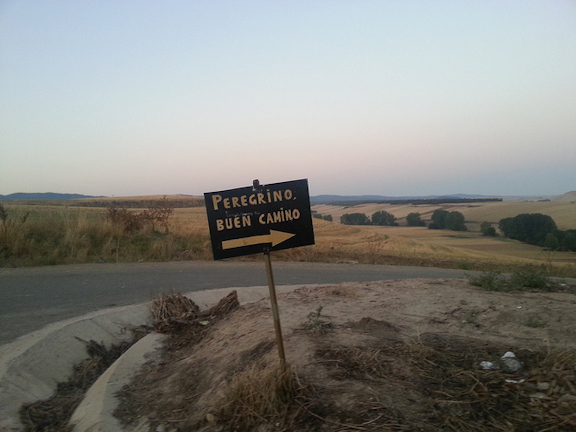Today I commented on a blog entry about the complexity of negative thoughts, as contrasted with the simplicity of feeling good. Negative self-talk can easily get out of control and spiral into persistent nasty thought loops; but when life is going well, people often don’t have much to say about it. In my comment, I suggested a writing exercise for the blog author—imagine that a problem she worries about has gone away, and write at least 750 words about how good everything feels now.
Then it occurred to me that I could benefit from the same exercise, as I’d been guilty of negative self-talk about my writing earlier this week. I started writing a blog post on Tuesday, decided that it totally sucked, and deleted it. Then I had a different idea for a post on Wednesday, but after writing one paragraph I wasn’t sure how to continue, so I saved it for another day. Meanwhile, I had another topic rattling around in my head, but never got started on it.
Of course, I know that’s just the way everyone’s writing goes sometimes, and there is no point in worrying about it. Still, I have to admit that I felt frustrated this week even though I knew better. So I decided that instead of just telling another blogger how to focus her energy on positive thoughts, it was only fair that I should take my own advice and compose a 750-word essay on the subject of feeling good about my writing. As the old saying goes, “what’s sauce for the goose is sauce for the gander.”

(photo credit: publicdomainpictures.net)
A GREAT DAY: Today was a great day for blogging. I had lots of creative energy. When I sat down to write this post, the words all flowed easily and organized themselves neatly into paragraphs, with very little effort. Finding an illustration for the post was quick and easy, too. It only took a moment to decide that a photo of geese would look good before this paragraph, and I found an image right away when I searched for one.
I felt comfortable taking a break from my writing because I knew that there was no need to hurry. I had complete confidence that after getting up and walking around, I’d still be able to finish the post just as easily when I got back to it. I did not give any thought to how much time had passed. Nothing else needed my attention in the moment; there would be plenty of time for the to-dos and chores later. A holiday clock chimed a happy Christmas song, and I felt cheerful.
When I imagined other bloggers reading my post and gaining more confidence in their own writing, I felt strong and inspired. I was secure in the certainty that I have the personal power to bring about change in the world, and that I have gained some understanding of how to use that power responsibly. Although I make mistakes just like everyone else, I know that I generally can correct them before they turn into anything major, as long as I take the time to reflect on my actions and consider their potential effects.
Before I started writing the post, while I was still in the process of getting my thoughts organized, I ran four miles on the indoor track at the Recreation Center. It was cold here today—the temperature never got above freezing—but that was okay because the only time I spent outside was to walk through the parking lot. Getting exercise is much easier when it’s part of a regular routine, and staying fit goes a long way toward keeping up both physical and mental energy.
I ate a healthy snack of dried dates while sitting at the desk because I know that staying well-nourished makes everything that I do much easier, including my blog posts and other writing. Taking proper care of my body will help to make sure that I have both the health and the creative inspiration to keep this blog going for many years. Also, I made sure to sit up straight; after all, feeling comfortable when I type my blog entries has a lot to do with paying attention to good posture.
After looking at the monitor for a while, I closed my eyes to rest them for a few minutes and thought about the good fortune of living in modern times. I felt grateful for the technology that allows me to share my writing so easily with friends across the world, while visiting other blogs and gaining insight into many diverse perspectives. I appreciated how wonderful it is to have a blog where I can enjoy social visits, get my thoughts better organized, improve both my writing skills and my understanding of life in general, and just have some good creative fun!
Not being perfect, I did notice the occasional self-doubting thought creeping into my head when I got closer to the end of this post, along the lines of whether I’d be able to get it all finished today or whether I might be running out of steam. But then I told myself that it really didn’t matter what day I got finished—the point of this exercise was simply to feel good about my writing, and that shouldn’t have anything to do with the day when a particular entry might happen to get posted.
I believe it’s fair to say that I accomplished what I set out to do—that is, collecting my good feelings about blogging in this entry to demonstrate (mainly to myself) that these good feelings have plenty of weight and complexity. Whatever worries I might have about finishing my entries promptly and staying on a regular posting schedule are insignificant by comparison. I’m pretty sure that my readers are not overly critical on the subject, nor are they likely to be.
Even though it may sometimes seem as if negative feelings are more powerful and complex than good feelings, that’s not necessarily true. It all comes down to the question of where we choose to focus our thoughts in the here and now.









